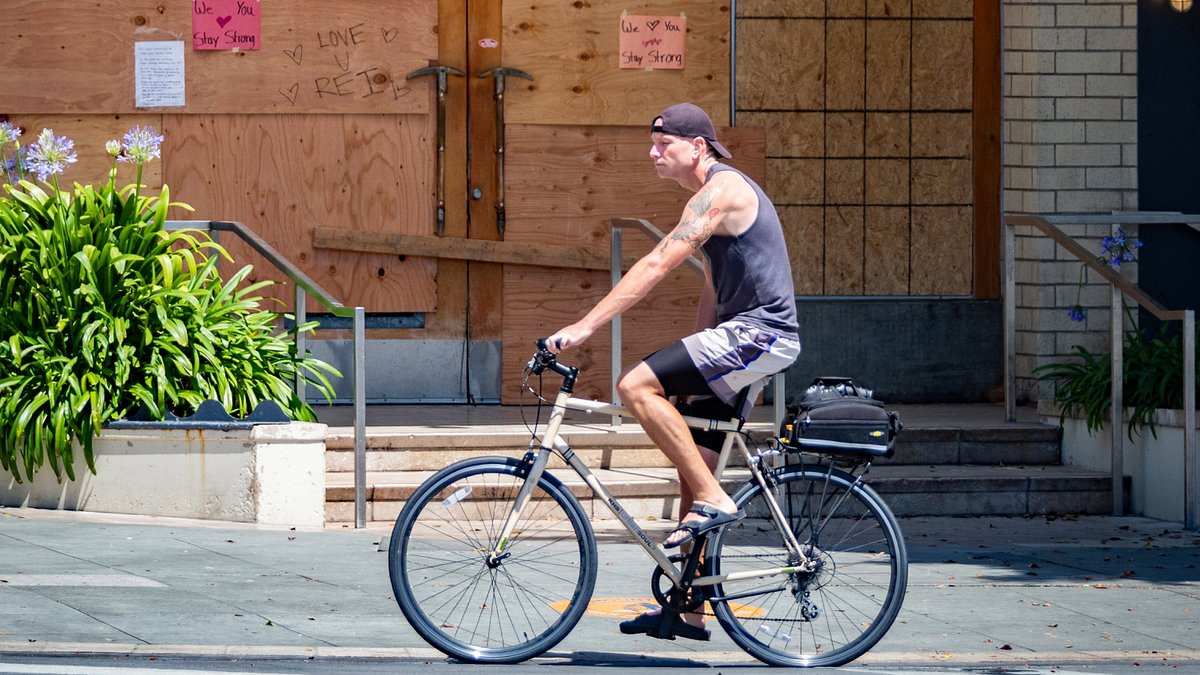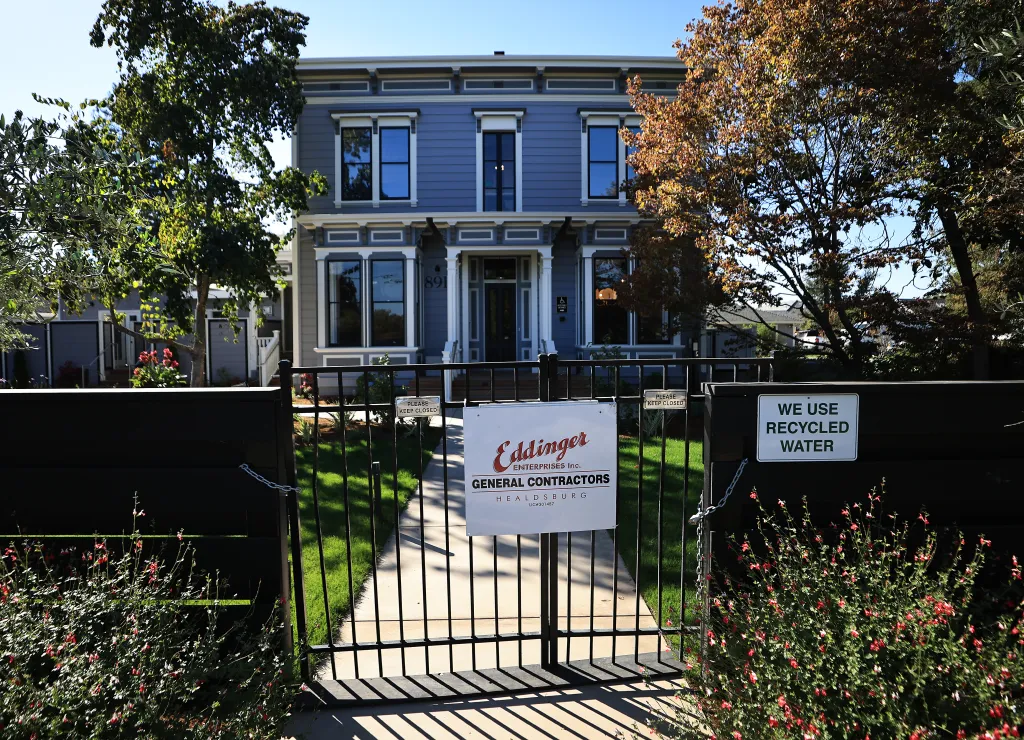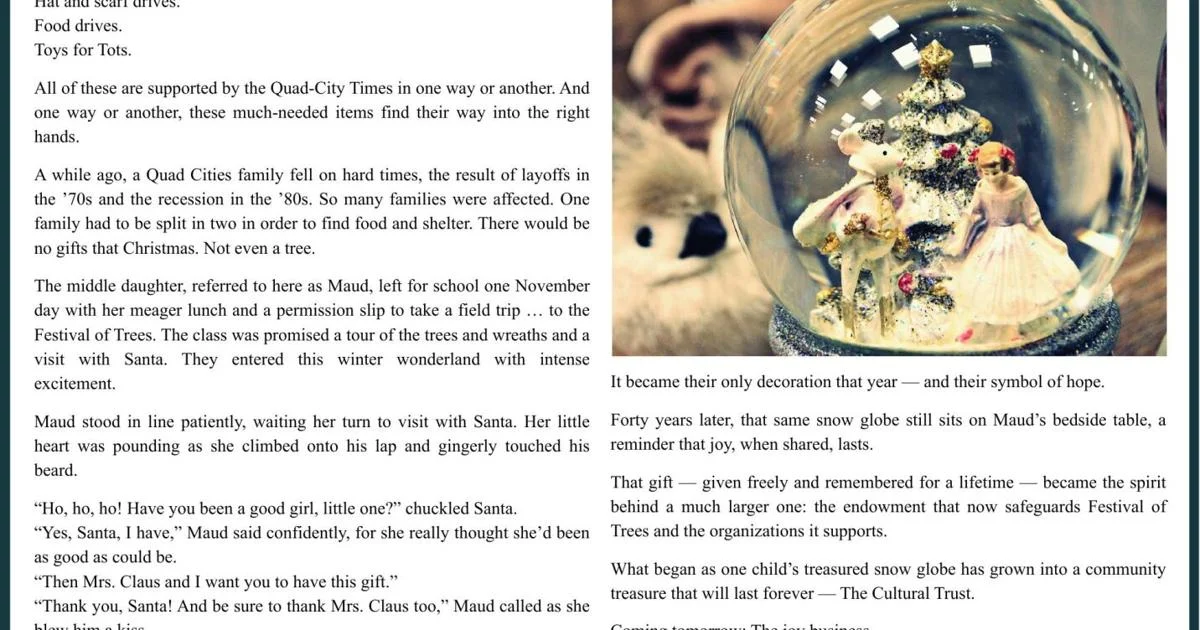Copyright dailymail

A once-iconic California town now plagued by empty shops, homelessness and the fallout of a sexual abuse scandal has revealed a desperate plan to escape looming financial ruin. Santa Monica, the seaside gem of Los Angeles, has been battered by years of overspending, new taxes and the lasting fallout from the pandemic. The city was then forced to declare itself in 'financial distress' last month after paying a staggering $230 million to victims of former police staffer Eric Uller, who is accused of molesting dozens of children during the 1980s and 1990s. Now, the once-bustling downtown is lined with boarded-up shops and empty storefronts, plagued by rising homelessness and a surge in violent crime. On Tuesday, city officials will unveil a plan to reverse Santa Monica’s decline and address the 'quality of life' issues many blame for its continuous downward spiral, according to The Los Angeles Times. 'We're trying to usher in a rebirth, a renaissance of the city, by investing in ourselves, Councilmember Dan Hall said, according to the outlet. The blueprint includes expanding the police force, enforcing misdemeanor laws, investing in infrastructure and community events and adopting a more business-friendly approach to permits and fees. City Manager Oliver Chi acknowledged that the city isn’t out of money, but warned that expenses are beginning to outstrip revenue as hotel taxes, parking fees, and sales tax continue to lag after the pandemic. If nothing changes, Santa Monica is on track to face a $30 million annual budget shortfall - spending roughly $30 million more each year than it brings in. Initially, officials planned to use $60 million from its cash reserve savings to cover losses and keep the city running for the next few years. However, on Tuesday, the council voted to redirect those millions - not merely to cover deficits, but to invest in projects and improvements aimed at reviving the local economy, increasing revenue and securing long-term recovery. 'Those things really are issues related to public safety, disorder in town, the disrepair that we’ve seen in our infrastructure,' Chi said, as reported by LA Times. 'All of those things are preventing, I think, confidence in the local economy,' he added. One proposal calls for doubling the number of officers in a dedicated unit to eight or ten per day, along with adding five more patrol officers on daily shifts. City officials also revealed plans for a new police substation and the daily assignment of two workers to tackle homelessness. Additionally, they highlighted hiring eight more public safety employees to ensure a constant presence across the commercial district, including parks and parking garages. Officials also plan to beef up the city attorney’s office and increase staff to more effectively prosecute misdemeanor cases, according to the outlet. The proposal calls for moving Santa Monica’s homeless shelter out of downtown and making a one-time $3.5 million investment to repair sidewalks, streets and spruce up trees and trash cans along city streets. Once the area is revitalized, monthly events will be held at the Third Street Promenade, including a major 'Santa Monica Music Festival' aimed at boosting revenue and foot traffic. Next year, upgraded restrooms near the pier and Muscle Beach are set to be installed, and library operating hours will be expanded, according to the outlet. During the meeting, city councilmembers proposed that owners of vacant properties be required to register with the city, ensuring neglected lots are properly maintained and cared for. The plan also includes more business-friendly measures: streamlining the permit process, using AI to provide near-instant reviews for single-family home permits and lowering fees for restaurants offering outdoor dining. The proposal calls for stricter traffic enforcement, including reducing downtown’s free parking from 90 minutes to just 30 minutes. Santa Monica is also considering redeveloping some underused properties, though no concrete plans have been finalized. The city could sell them, lease them long-term or pursue joint ventures - with new housing being one likely possibility. 'When you look at any revitalization effort of any vibrant downtown core that’s eroded, there’s always been an element of repopulating the area with people,' Chi told LA Times. Chi said that a smart redeveloping plan for these properties would not only 'help bring back vibrancy to the downtown, but also help replenish the city’s cash reserves.' Santa Monica’s decline began before the pandemic, but the global crisis hit the city particularly hard. The year 2020 also brought large protests downtown in response to George Floyd’s death in Minneapolis. Then, former police dispatcher Eric Uller was accused of preying on children in predominantly Latino neighborhoods of the city, patrolling in either an unmarked police car or a personally owned SUV equipped with police gear. For decades, Uller also molested dozens of kids while volunteering at the Police Activities League (PAL) - a nonprofit serving underprivileged youth. It wasn’t until 2018 that he was arrested, but he died by suicide later that year while awaiting trial. The horrific case sparked a mountain of lawsuits accusing Santa Monica of negligence and even covering up the abuse - claims that have resulted in litigation costs that continue to burden the city. 'We need to absolutely ensure that people feel safe, welcome, invited and included in our city,' Councilmember Caroline Torosis told the LA Times. Hall added: 'I think that that’s something that millennials are finding themselves needing to do as we take ownership of society, and we see a world where past generations have been afraid to make mistakes or afraid to make decisions.



